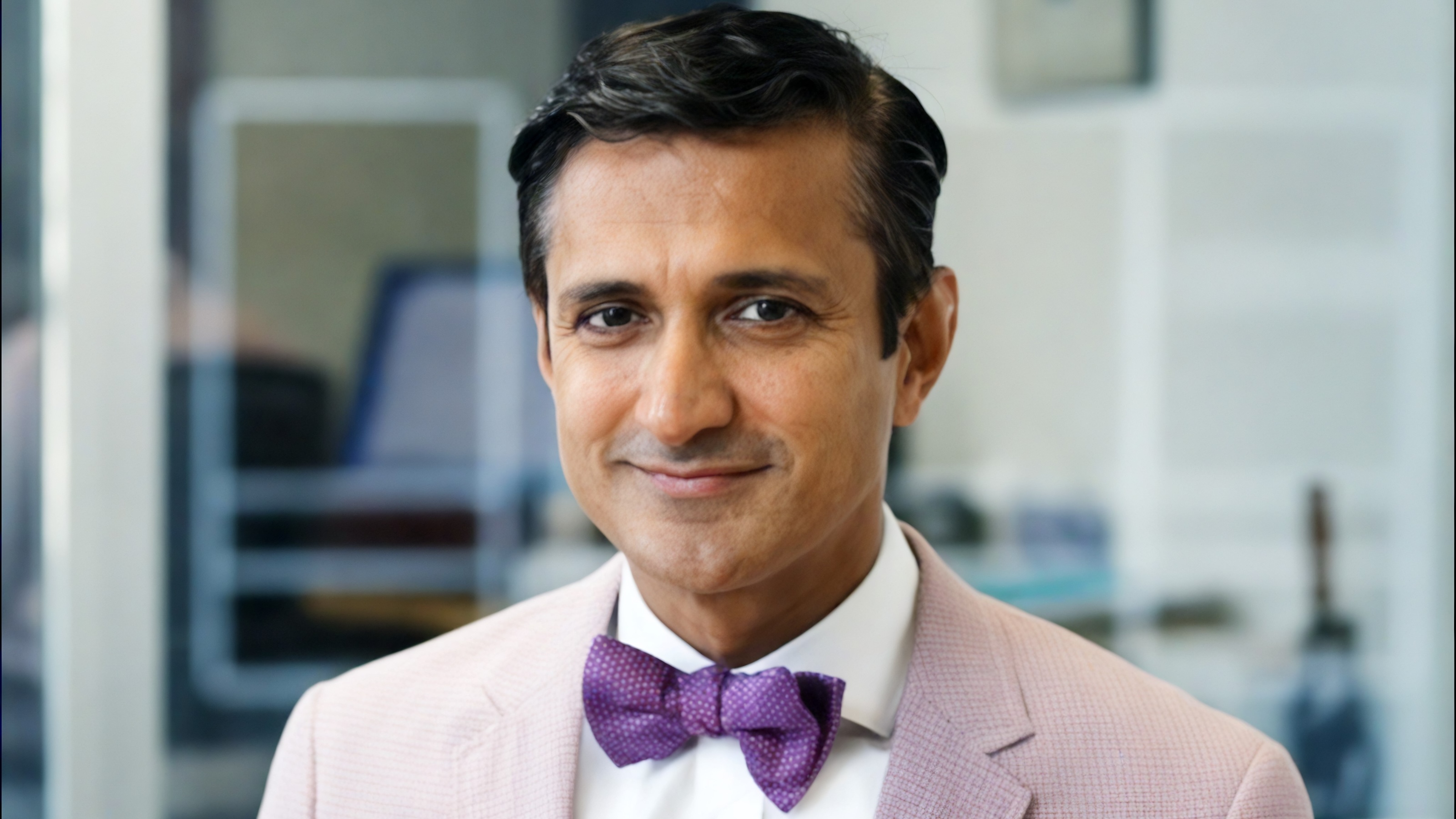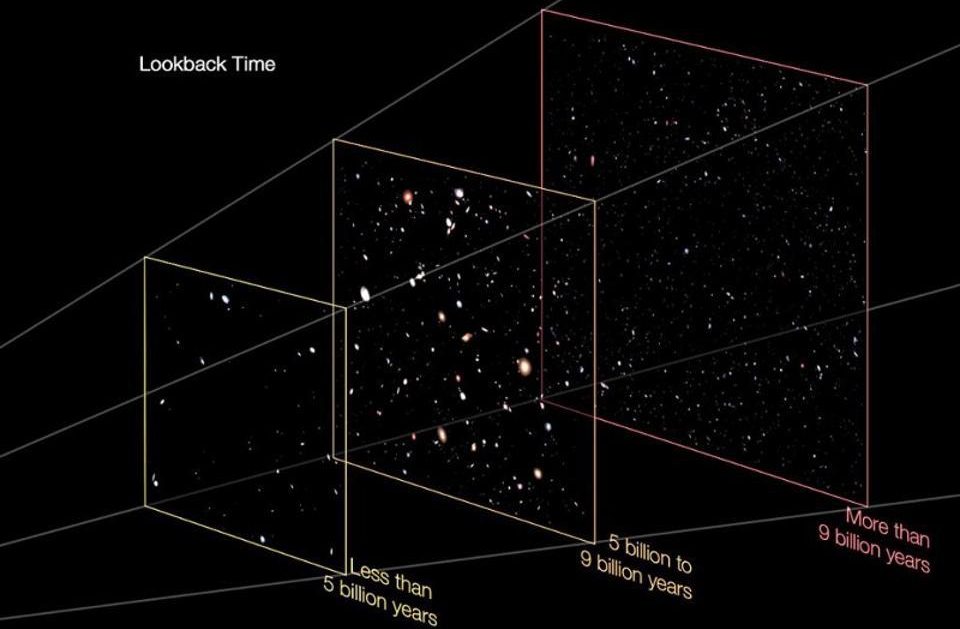We all have ideas about how we’re gonna behave in a crisis or emergency, but it’s almost never how it actually plays out when we’re faced with a disaster situation, says bestselling author Amanda Ripley.
In fact, you have another personality – a ‘disaster personality’ –, and it’s helpful to understand what it is before you are forced to embody it. Studying human behavior in different disasters across history reveals a huge spectrum of responses. Sometimes people start hysterically screaming, others shut down. Some laugh in the face of a life or death situation.
In Ripley’s book, “The Unthinkable,” the author followed people who had survived disasters of all kinds, and found that there’s a pattern, even across very different contexts, from plane crashes to earthquakes. Almost always, people go through a period of certain emotions. Do you want to learn how to master your disaster response before facing a crisis? Ripley explains how.
AMANDA RIPLEY: We all have ideas about how we're gonna behave in a crisis or emergency. It's almost never how things actually go. What you learn in a real disaster is that you have another personality, a disaster personality, and it's helpful to understand it better before you need it. So if you look at human behavior across all different kinds of disasters across all of history, you see a huge spectrum of responses. Sometimes people start hysterically screaming. Other times, people shut down. They freeze. Believe it or not, people laugh in the face of a life or death situation. Maybe most often, people carry on doing whatever they were doing before, and sometimes people rise to the occasion and do incredible things. They're heroes who lead hundreds of people out of mayhem, who save lives at great personal risk. And it's really hard to predict, just looking at the person, how they're gonna behave. For my book, "The Unthinkable," I followed people who had survived really hellacious disasters of all kinds, and what you find is there's a pattern, even across very different contexts, from plane crashes to earthquakes. Almost always, people go through a period of denial, profound disbelief, and delay. Then people go through a period of deliberation. People get really social. They do something that researchers call milling, where they discuss with each other what's happening and what they should do next. And finally is the decisive moment, where people either take action or flee or cooperate in some way or most often, shut down and do nothing at all. Denial. Just the other day, I was walking through Dupont Circle in Washington D.C., and I heard a gun go off around four o'clock in the afternoon on a random Tuesday. It was very close. I could tell it was like a block away. I looked around, and nobody reacted. Everybody in that neighborhood where there aren't a lot of shootings kept walking as if it didn't happen. People were on their phones. They were talking to their friends. They're drinking their coffee, and I was like, "What?" And then I remembered that, of course, people don't expect this to happen here, so they're acting like it didn't happen. There's something called a normalcy bias, which you see in all kinds of disaster situations, where people tend to think, "Whatever is happening, it's gonna be fine." Our brains take whatever input we get and compare it to what we've experienced before. So every firefighter has a story like this, where they come into a bar or restaurant, and there's smoke filling the ceiling. And the fire alarms are going off, and nobody's moving. Everybody's still, you know, drinking their drinks and acting like it's not happening. This is very, very typical, especially for people who either have no training for emergencies, which is most of us, or who have never been in a life-or-death situation like that. Deliberation. One of the disasters I spent a long time studying was the evacuation of the World Trade Center on 9/11, partly because we have incredible research and survey data on the thousands of people who evacuated that day. And what you find is that, on average, people took about six minutes before they even began evacuating. People took the time to gather books they were reading, shut down their computers before they left. But most of all, the first thing people did was to talk to each other, and we've all experienced this, right? I mean, you've probably been in a situation where a smoke detector goes off. The first thing you do is you look around to see what everybody else is doing, right? That's a very natural reaction. But deliberation is really helpful in a lot of cases because it's kind of like the wisdom of the crowd. If you have people around you who know things that you don't know, then you can make better decisions. It's a good survival response if the people around you know anything about how to get out of the building or what might be the actual threat. One of the things that people are often surprised by is how social disasters can be. Typically, people become much more polite and nicer than they are normally, which is the opposite of what we might expect. One of the reasons the evacuation took so long is that people who were evacuating from the upper floors would let the people coming in below them go first. On average, the World Trade Center evacuation took about a minute per floor, which was twice as long as safety engineers had predicted, even though the buildings were only half full at the time. And part of that was because of delay and denial but also because of deliberation. The decisive moment. This is where everything that's happened before in the denial and delay and deliberation phases comes home to roost. As an example, most serious plane crashes are actually survivable, which is surprising, but it turns out that most planes, if they crash, they end up on the ground and on fire, and the whole trick is to get out really fast. But that delay and deliberation phases can really slow you down. There was a famous plane crash in Tenerife, Canary Islands years ago, and what they found is that even though people could have gotten off the plane, they actually died there from smoke inhalation from the fire, and they were found, just many of them, sitting in their seats. So there was a lot of research done about why had this happened, and what you find is that humans, like most mammals, tend to shut down in really frightening situations for which they have no training or prior experience. Researchers call it negative panic. People do nothing. They shut down. Which is actually a good survival response in certain situations, but not on a plane crash. So that decisive moment is the culmination of everything that's come before. But there was one gentleman on that plane who before the plane even took off, he looked around and noticed where the exits were, which is what people who study plane crashes always do. And he knew exactly how many rows away that the exits were, and he kind of had some kind of mental model for how to get out of that plane. So when the crash occurred, he grabbed his wife's hand, who was, at that point, kind of frozen, paralyzed, and he said, "We're getting out of here." And they got off, and they survived. The people sitting around them did not. One of the tricky things about fear is that it's super helpful to you in small doses, but when you have too big of an injection of stress hormones, like cortisol, you start to deteriorate. You lose eye-hand control. You lose your peripheral vision. It feels like time slows down. The brain is trying to help you under extreme stress, but unless you've had some kind of really good realistic training, it tends to become counterproductive, like it's too much stress. So your eyes, your brain will fixate on the perceived threat, which may or may not be the full threat. It's a really tricky, slippery slope. Any kind of disaster you're in, fear is useful but not too much. So people who tend to do better in disasters are people who have had some training or some rehearsal beforehand. So in the case of the gentleman on the Tenerife flight, he had actually been in a house fire as a kid. So he knew how quickly smoke can fill a space and that the real threat in most fires is smoke. So that experience helped him push through the denial phase more quickly. So that's the decisive moment where your past experience, who you're with, right, how long you're stuck in denial, all of those things really shape what you do or don't do. A lot of our survival instincts don't serve us very well in the modern world. The good news is you can actually evolve on purpose through realistic training. So the better you understand your environment and the risks that you face, and the more prepared you are for some of the problems you might encounter, especially denial and delay, the better you can push through those phases and make an intelligent decision under stress. We are capable of incredible things, but we have to respect regular people enough to help them be agents of their own destiny. We have to trust them to do the right thing but give them the information in advance. The biggest mistake I've seen in every disaster I've ever covered is that the people in charge do not trust the public. They think that the public is going to panic, to misbehave, to do stupid things, and so they don't tell them the full truth, which leads the public to do sometimes unwise things. That problem is bigger than most of the threats we face. The fear of panic has killed more people than most disasters themselves.







